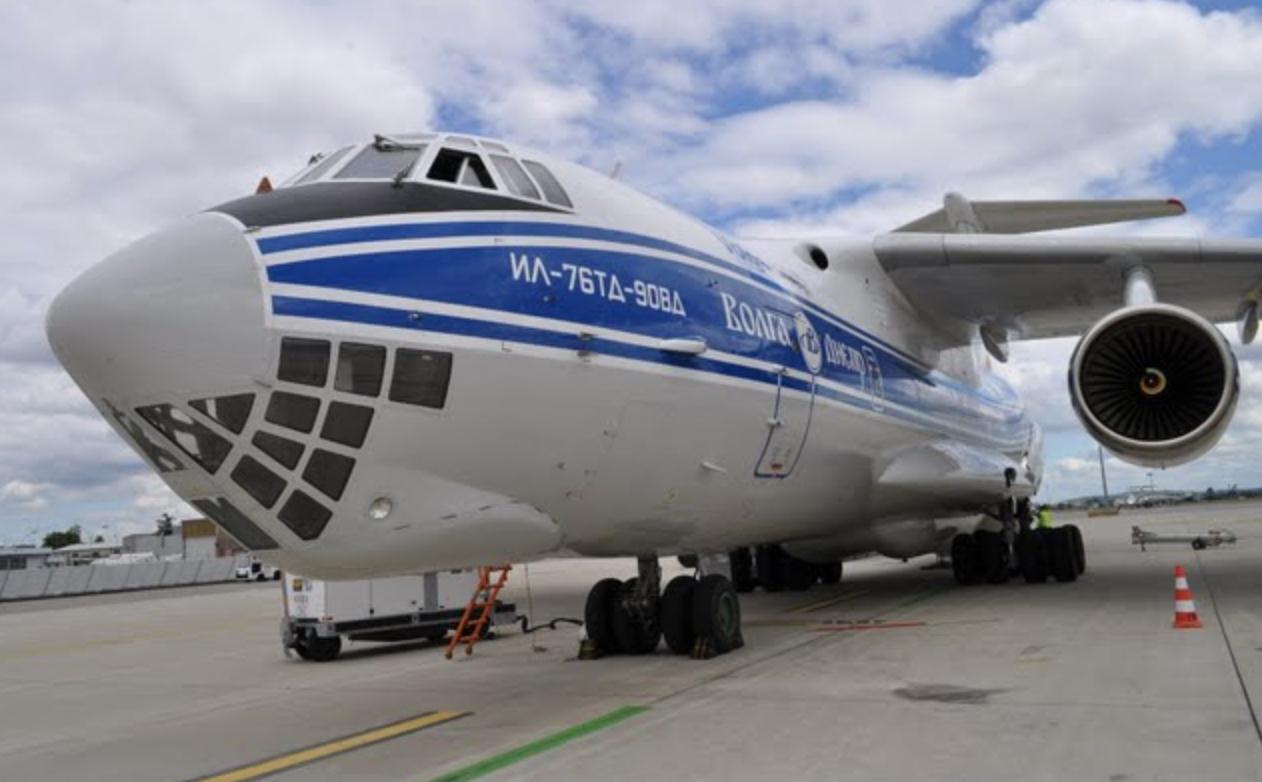Providers of air charter services have been enjoying robust business, propelled by strong demand and tight supply of freighter aircraft. However, there is fury at the large end of the market after Antonov An-124 operator Volga-Dnepr signalled its decision to stop working with brokers.
Charter activity has been decidedly lively this year, operators and brokers report. Even though it had shifted one Boeing 747-8 freighter to ACMI work, Atlas Air saw increased revenue contribution from the charter segment in the second quarter of the year. This was driven by increases in military as well as commercial cargo volumes and by more passenger charter activity.
Canada’s largest freighter operator uses charters to supplement its linehaul operations, which are mostly for the express sector. This limits ad hoc flights mostly to weekends and daytime jobs, but it has not put a lid on growth in the charter sector.
“Charter business is still pretty strong. We’ve been very active with ad hoc flying,” said Cargojet executive vice-president Jamie Porteous.
Andy Leslie, group chairman of Network Airline Services (NAS), reported that his company has been firing on all cylinders. “We’re turning business away. Our planes can’t take any more,” he said.
NAS complements its GSA activities with two 747 freighters and two MD-11Fs, which are mostly deployed on routes serving Africa. Charters account for about 40% of the flying activity.
Like freighter operators, charter brokers have had their hands full. Justin Bowman, CEO of Air Charter Service, described the first half of 2018 as “stunning,” as revenues climbed 23% over the January-June period in 2017. Cargo flights organized by the company were up 21% during the period.
Other brokers have also reported double-digit gains in the early part of this year.

NAS has done quite a few charters moving music equipment for bands. Cargojet also dabbled in this segment this year when it used a 767 operating between Canada and Cologne to haul equipment for a rock band from Portugal to Iceland, but more regular drivers of its charter business have been the automotive sector and the mining industry, Porteous said.
The automotive industry has been the main user of the ad hoc capacity of Aeronaves, the aviation arm of Mexican expedited trucking firm Grupo TSM. In the main the carrier provides linehaul for the express industry in Mexico. It deploys about 70% of its lift on express routes and the rest for charter business. It runs 15-25 on demand charters a day, according to Grupo TSM president Hugh Cutler.
Mounting trade tensions could provide a further boost for charter demand. Some sources have suggested that the China-US trade spat could prompt a stronger shift of production from China to countries in Southeast Asia that have scant lift to North America, resulting in demand for cargo charters.
This would tighten capacity even further, which has ominous implications. As Leslie’s comments suggest, the industry is in danger of becoming the victim of its own success, as capacity has become an issue.
“We need more planes, but nothing is available at the moment,” he said.
Limited freighter capacity has been aggravated by an increase in forwarders who have signed up for dedicated freighter lift on a regular basis, such as Flexport, which contracted Western Global Air to operate twice weekly 747 freighter runs between Hong Kong and Los Angeles.
Moreover, the global economic downturn saw the demise of several freighter operators who were concentrating on the charter segment. A number of scheduled freighter airlines put more focus on charters while the market was depressed, but with business going strong again their availability for charter has become limited again.
Now other clouds have appeared in the bright charter skies. Volga-Dnepr shocked the market with the announcement that it has decided to stop working with brokers as it continues “to develop its business and reinforce its direct sales efforts globally.” Brokers have reacted with expressions of disappointment and anger.
The Russian airline group subsequently made a statement that the new policy applies only to its fleet of An-124 and Ilyushin Il-76 freighters and would have no bearing on the freighter operations of AirBridgeCargo and CargoLogicAir. However, some brokers have indicated that they have no intention of working with the two 747F operators after Volga-Dnepr’s move.
Some forwarders have also voiced reservations about dealing with the group going forward. They question whether Volga-Dnepr’s intention to pursue more direct sales might imply a desire to cut out forwarders too and deal with shippers directly.
In the An-124 segment, competition between Volga-Dnepr and rival Antonov Airlines has been intense since the pair terminated their joint commercial venture at the end of 2016, leading to a decline in pricing.
By Ian Putzger
Air Freight Correspondent | Toronto



